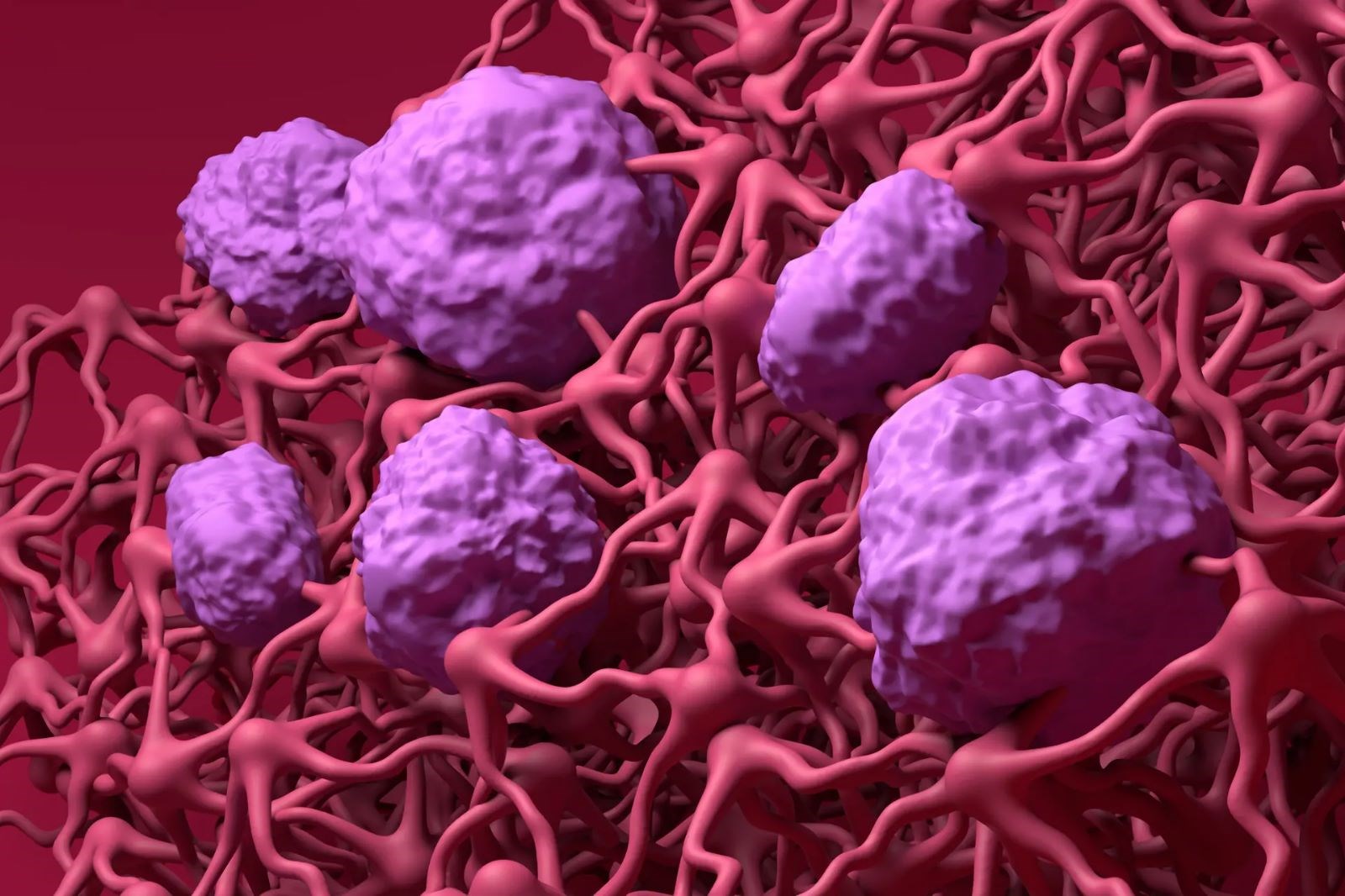 As the body’s control center, our brain needs strong security against circulating pathogens or toxins. The blood-brain barrier (BBB) also performs this vital function, but sometimes it may not work properly and some neurological disorders may occur in this case. Scientists at Stanford have identified therapeutic molecules that could potentially help prevent or correct neurological diseases.
As the body’s control center, our brain needs strong security against circulating pathogens or toxins. The blood-brain barrier (BBB) also performs this vital function, but sometimes it may not work properly and some neurological disorders may occur in this case. Scientists at Stanford have identified therapeutic molecules that could potentially help prevent or correct neurological diseases.Molecule patches could be the first step in treating and preventing neurological diseases
Forming a semipermeable lining inside the blood vessels that feed the brain, the BBB rejects almost everything at the gate except nutrients, ions, and molecules that are the core of neurological function. Unfortunately, if this barrier is damaged, it can lead to a number of neurological diseases such as multiple sclerosis, Alzheimer’s or brain cancer. “A leaky blood-brain barrier is a common pathway to many brain diseases, so closing the barrier has been a long sought-after goal in medicine,” said Calvin Kuo, senior author of the research paper published in the journal Nature Communications. made statements.
 Scientists at Stanford searched for molecules that would allow them to do just that. The key point is that there may be a communication pathway known as WNT signaling, which has been found to help protect the BBB. This pathway is initiated by a protein receptor called the coil.
Scientists at Stanford searched for molecules that would allow them to do just that. The key point is that there may be a communication pathway known as WNT signaling, which has been found to help protect the BBB. This pathway is initiated by a protein receptor called the coil.The team identified a molecule that activates FZD4, a coiled receptor on endothelial cells of blood vessels in the brain. They then developed a version of this molecule called L6-F4-2, which binds to the receptor and initiates WNT signaling 100 times more efficiently. To test this, the researchers tested the L6-F4-2 molecules on mice. Indeed, the team found that the blood vessels in the treated mice became denser and less leaky than before.
In another test, the researchers investigated the effect of the molecules on strokes that could damage the BBB and allow potentially dangerous substances to enter the brain. They found that administering L6-F4-2 to mice reduced the severity of stroke, increased their survival, and helped correct leaks in blood vessels. For the highly promising study, the researchers say it could be the first step towards treating and preventing neurological diseases.